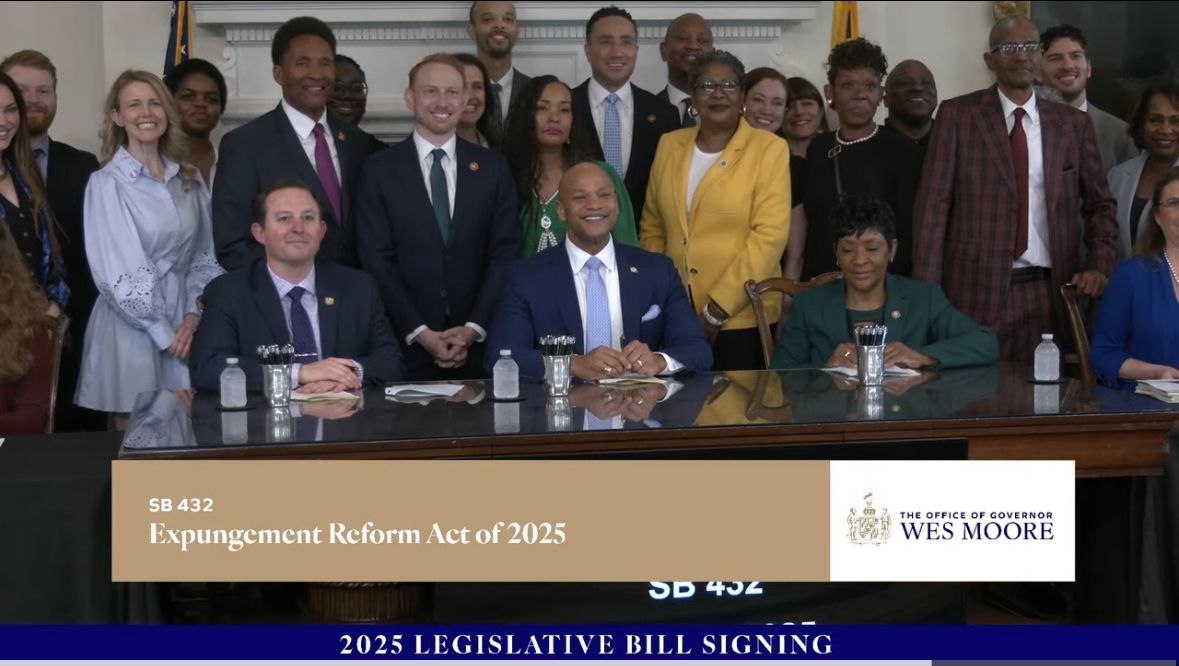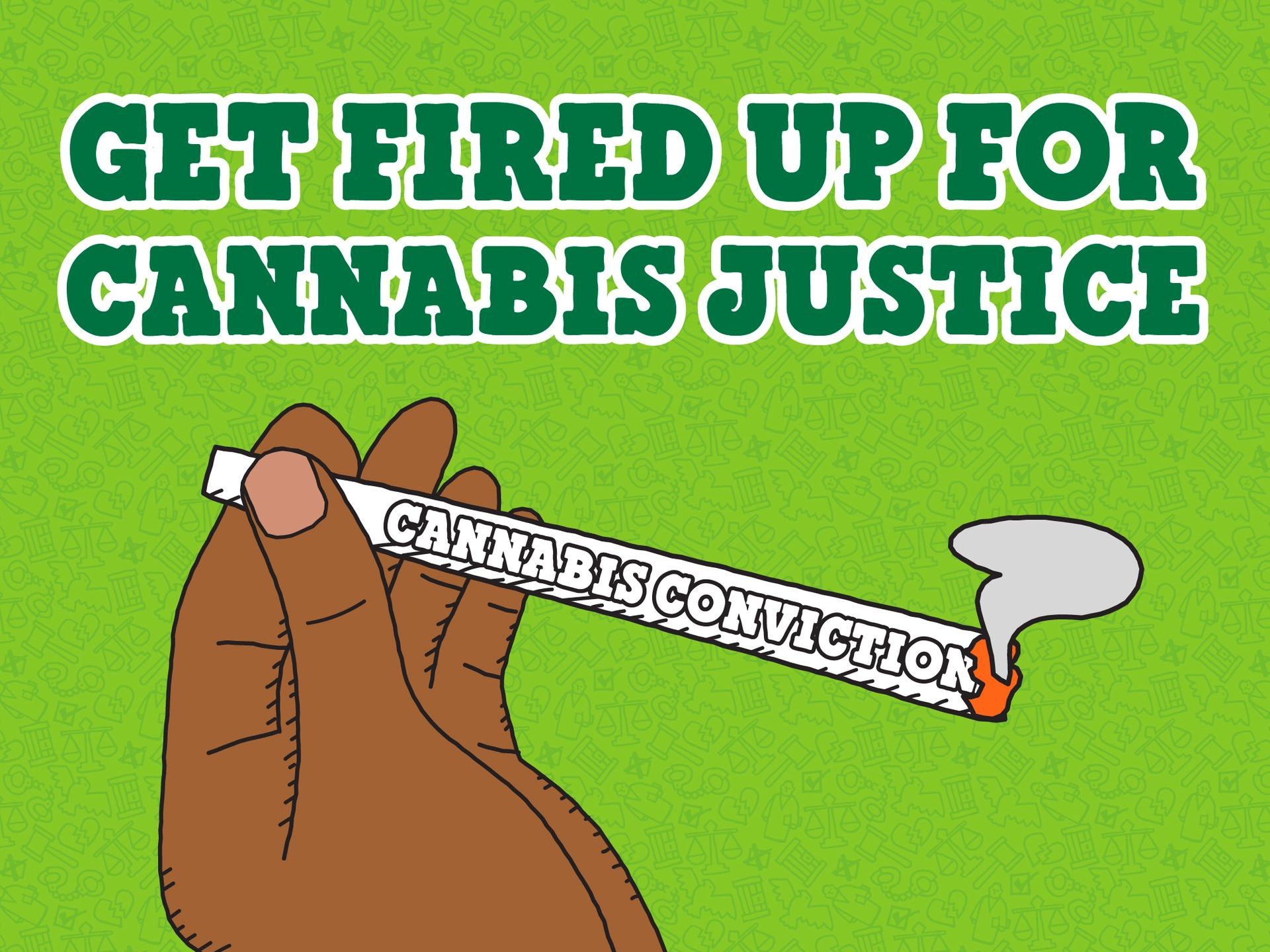Tomorrow five states could vote to legalize cannabis, but reparative justice is left off the ballot.
Reparative justice largely absent from 2020 cannabis ballot initiatives
In the last presidential election, legal cannabis measures passed in eight out of nine states. In the upcoming election, residents of Arizona, Mississippi, Montana, New Jersey, and South Dakota will not only have the opportunity to vote for the next president, but also on whether to legalize medical or adult-use cannabis.
To date, thirty-three states have legalized medical cannabis and eleven of those states have also legalized adult-use. Legal cannabis sales in the United States have exploded and are projected to top $30 billion before the next presidential election in 2024 according to industry intelligence firm
BDS Analytics.
While it is clear that each of these measures would bring in millions, if not billions, of dollars in revenue for the state through tax revenues and to private operators, it is unclear to what extent, if at all, the measures would remedy the injustice of those state residents with past cannabis offenses who were villainized, fined, and imprisoned for the very same plant.
For example, Arizona’s
Proposition 207 would legalize the use and possession of up to an ounce of cannabis for adults who are 21 or older and would allow them to grow six cannabis plants at their home as long as the plants aren’t in public view. The bill would levy a 16 percent excise tax on cannabis, plus the standard sales tax that directly profits state and local governments. The legislature’s budget analysts estimate that cannabis would bring in $166 million per year in proceeds from the excise tax alone according to
NewsNationNow, and with state and local sales taxes, $255 million a year in new revenue.
Counterintuitively, the Grand Canyon state is currently the only state where
any
amount of cannabis is a felony and the class of felony can increase depending on the circumstances of the case.
Prop 207 contains a provision under Section 36-2862 that states an individual who was arrested for, charged with, adjudicated or convicted by trial or plea of, or sentenced for, certain offenses arising out of conduct occurring before Prop 207 passed may petition the court to have the record of that arrest, charge, adjudication, conviction, or sentence expunged beginning July 12, 2021. Individuals with pending charges will also have their cases dismissed and may petition the court to expunge their record before July 12, 2021.
However, the guidelines for expungeable charges seem limited to possession of two and one-half ounces or less of cannabis, possessing no more than six cannabis plants, and possessing or using paraphernalia relating to the consumption of cannabis.” The law is silent when it comes to charges that often accompany cannabis charges such as conspiracy, money-laundering, and possession with intent to distribute.
It seems unjust that those convicted of cannabis related “crimes” may continue to suffer even after their conduct will no longer be considered a crime under the measure while some will go on to profiting millions by engaging in the same conduct. Cannabis legalization should be paired with criminal justice reforms that help people convicted of past cannabis-related crimes rebuild their lives and their communities.
Of course, these types of criminal justice reform measures could come in the legislative or rulemaking process once an initiative has been passed, but it is imperative that when cannabis advocates push for any kind of legalization they are also pushing for criminal and social justice reforms for those still suffering the harms of prohibition.
“We call it reparative justice: repairing the harms caused by the war on drugs,” says Eunisses Hernandez of the Drug Policy Alliance, a nonprofit advocacy group that helped write California’s bill Prop 64, the language of which was used to retroactively provide relief for cannabis offenders in that state.






